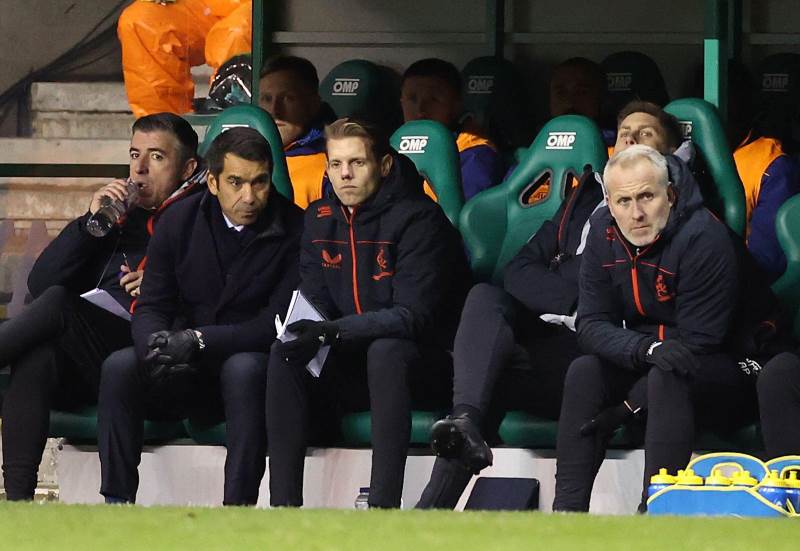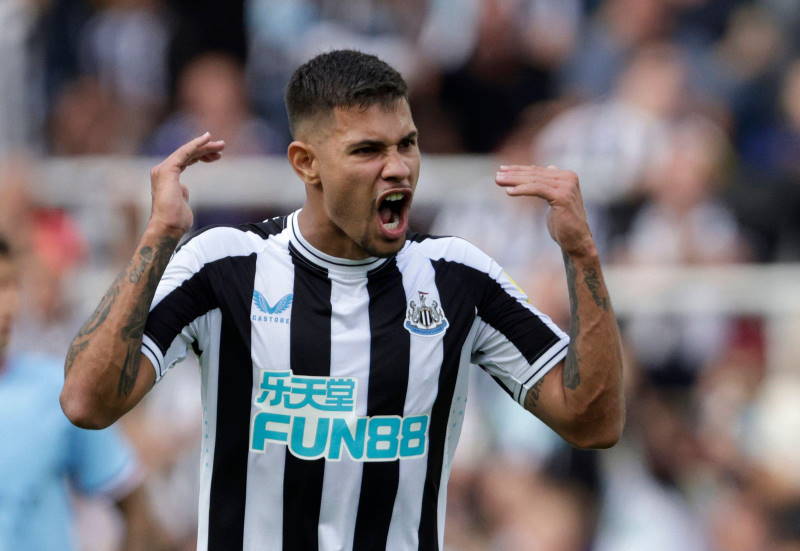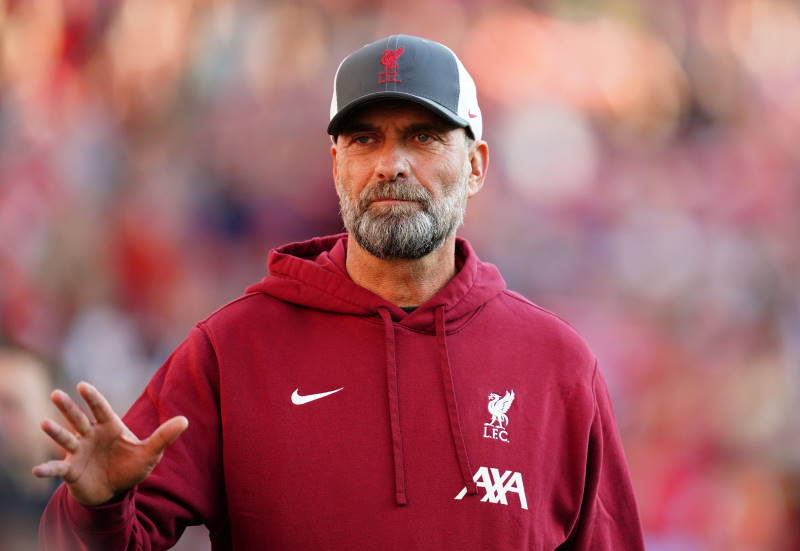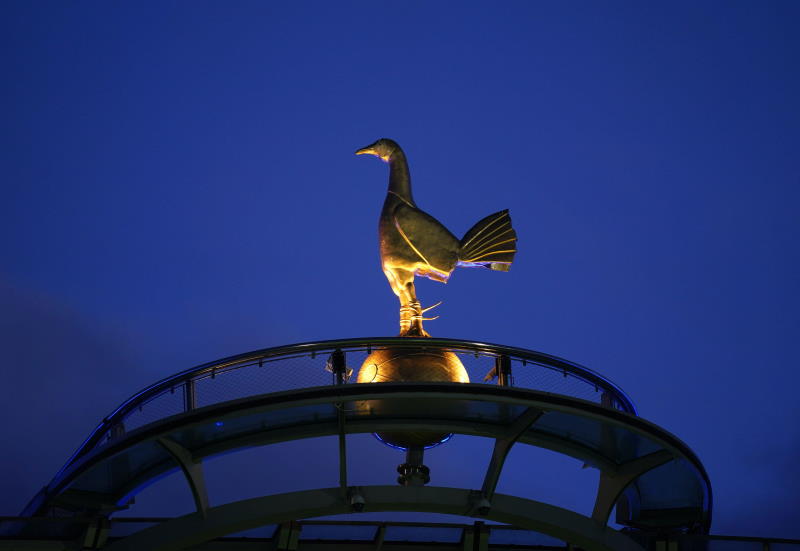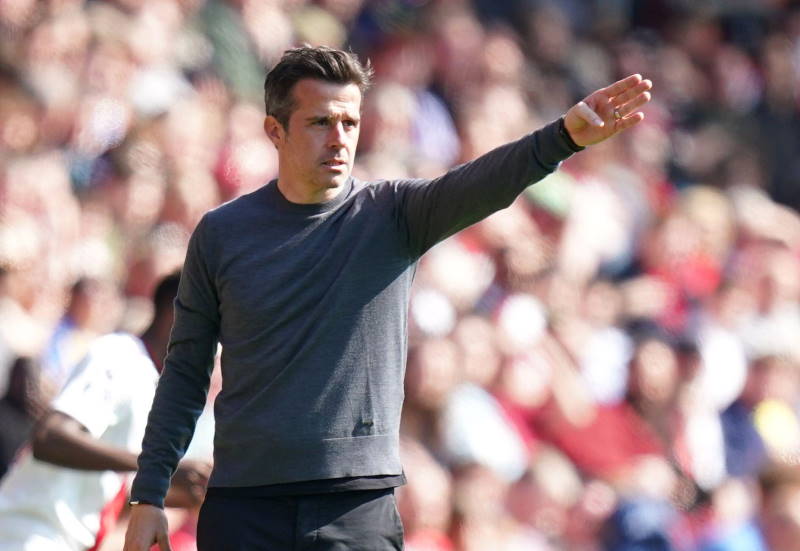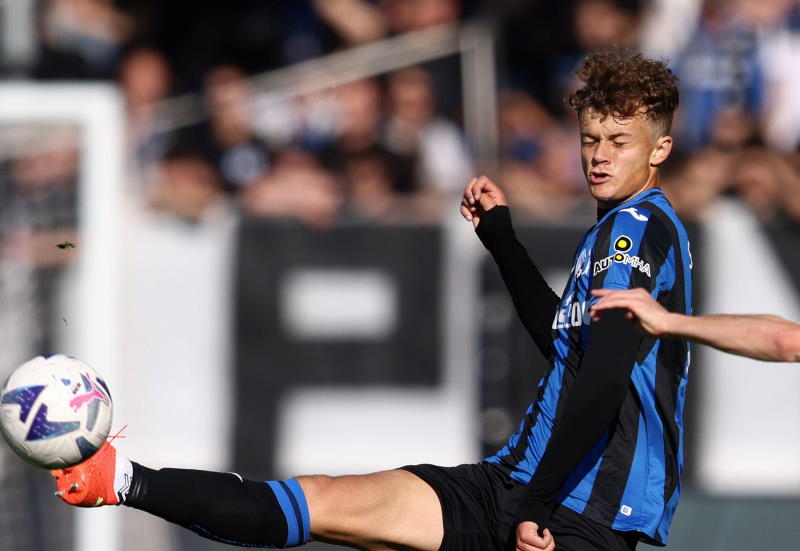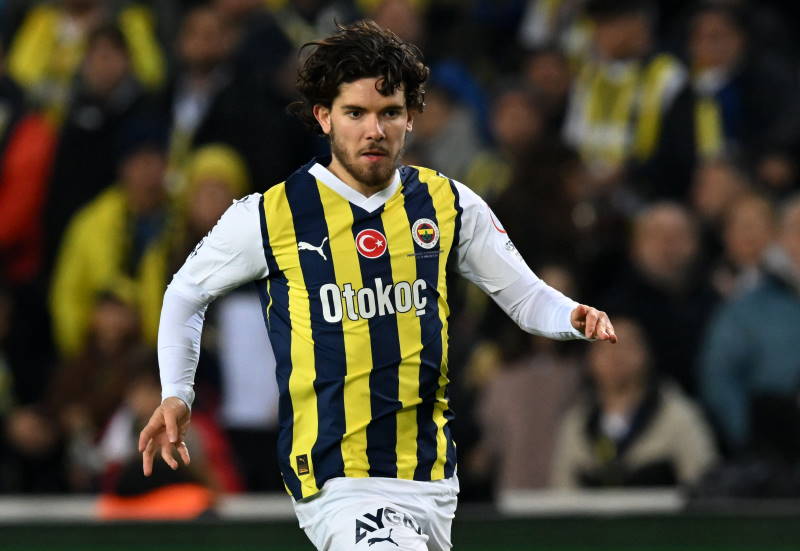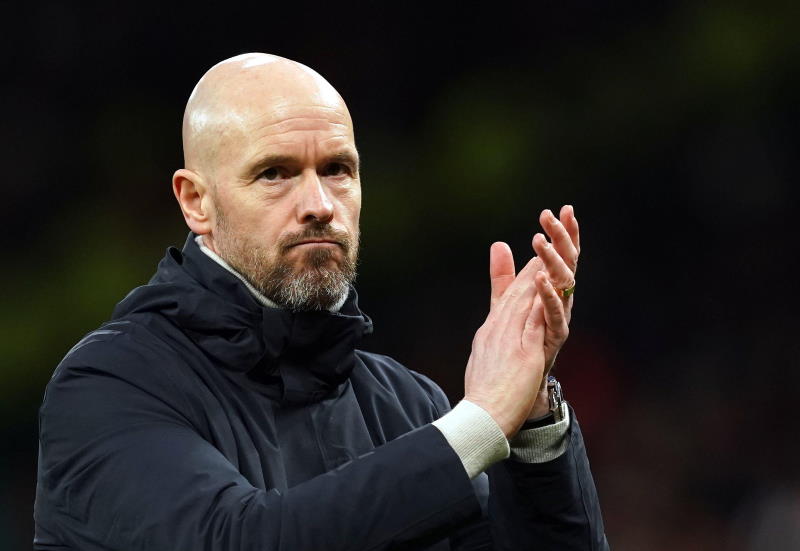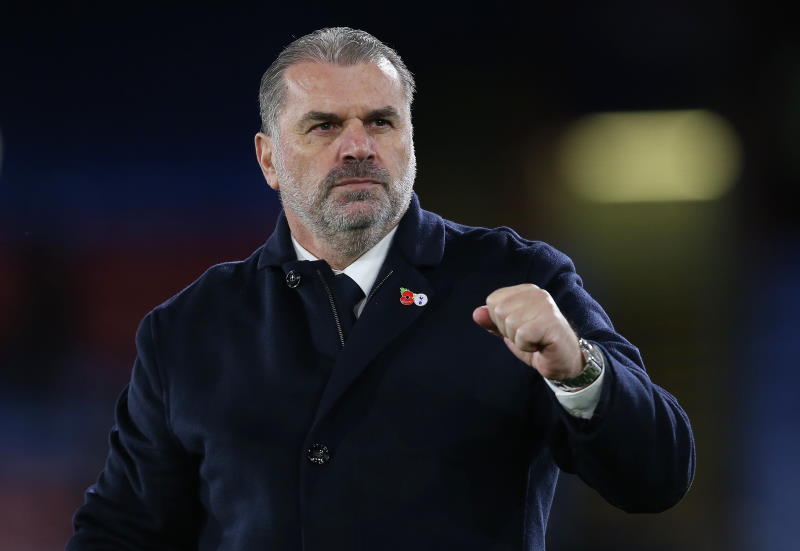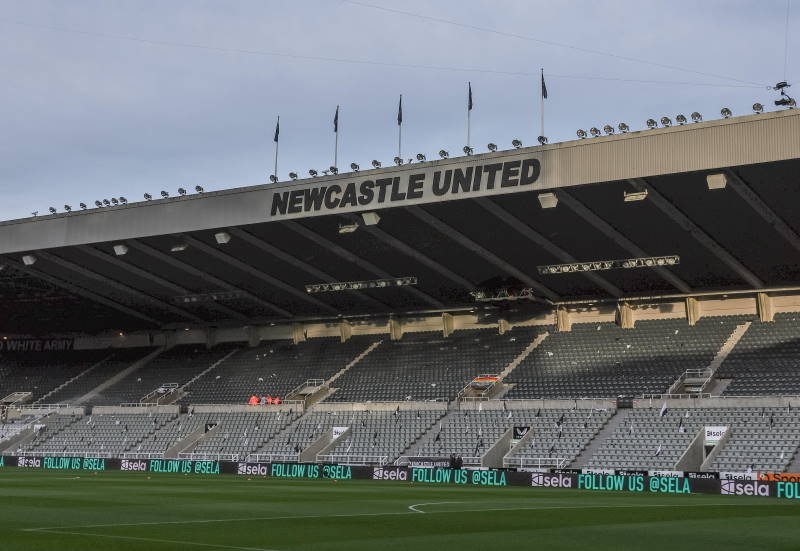
G. Longden
Some managers fail because of what they do. Roy Hodgson’s tenure as Liverpool manager, the shortest in the club's history, was defined by what he was not. Specifically, he was neither Rafael Benitez, nor Kenny Dalglish.
Summer 2010 at Anfield was an anarchic mess. The owners, George Gillett and Tom Hicks, had been forced into a sale, unable, or unwilling, to meet the terms of their Royal Bank of Scotland (RBS) loan, which itself was crippling the club. The chairman, Martin Broughton, and managing director Christian Purslow, were RBS placemen, there to do a job for the bank. The players, disillusioned by a year of infighting between Benitez and the board, with the inevitable decline on the pitch, were all eyeing the exit door too. This was the backdrop to Roy Hodgson’s arrival.
The alternatives, unsurprisingly, offered few guarantees. Chilean coach Manuel Pellegrini was mentioned after his encouraging, but brief, tenure at Real Madrid, but had no European managerial experience outside Spain. The volatile Frenchman Didier Deschamps was not viewed as a potentially calming influence, and then there was Kenny Dalglish. His legendary, totemic status was beyond doubt, yet his capacity to pick up the reins after a decade out of the game was a worrying unknown.
Hodgson’s appointment had obvious merit. He knew the North West of England from his time at Blackburn Rovers, was an experienced Premier League manager, had taken little fancied Fulham to the Europa League final and won the League Manager’s Association Manager of the Year award as a consequence. Hodgson's considerable time managing club and national teams abroad gave him international credentials too and he was popular with the British media. In short, the former Inter boss was an experienced, safe pair of hands – or so it seemed. The turmoil, lack of leadership, and impending new owners, who would be likely to have their own ideas as to who should manage the club, was plain for Hodgson to see. He went in with his eyes open, and a three-year contract as a safety net; but the Englishman was never going to be a match for the history of Benitez’ Champions League victory, or Dalglish’s title triumphs. Who could have been with the shambles he inherited?
It was unsurprising that Hodgson should look to recruit some old retainers to join him and give him a voice, eyes and ears in the dressing room. What was surprising was his choice of player. Paul Konchesky was a journeyman full back from Fulham, while midfielder Christian Poulsen had been looked at by many Premier League clubs over the years, and discounted. Both arrived and immediately lived down to their inauspicious billing. Joe Cole, a reliable and talented star for Chelsea and England, recruited by Christian Purslow, saw himself sent off in his debut against Arsenal, then was injured, and proceeded to largely disappeared without trace. The hugely influential defensive midfielder and Argentina international Javier Mascherano had already had enough and bailed out before the summer transfer window closed, joining Barcelona. All new managers need some luck – and Hodgson wasn’t getting any.
After the exotic paella dish that was Benitez, the pie and mash demeanour of Roy Hodgson was always going to be difficult fare for the Anfield faithful to swallow. His vast experience, and media savvy reputation, should have given him the tools to cope with that. Inexplicably however, the former Finland coach's press conference comments were disastrous and as such shaped his relationship with the Liverpool fans. Under the blazing glare of publicity that is Liverpool Football Club, Hodgson froze. His interviews were defensive, negative, and at times bewildering. His body language on the touchline, including the signature face–rub, was of a man at a loss to determine how to pull the team out of their nosedive.
A League Cup exit to fourth tier Northampton Town and home league defeats against Blackpool and Wolverhampton Wanderers were included in an appalling first half of the season, with the club hovering within sight of relegation trouble at Christmas. His dismissal was a mercy killing for all concerned, with new owners Fenway Sports Group happy to make their mark. There was nothing to be gained from retaining damaged goods.
The opprobrium and vitriol heaped on Hodgson’s shoulders at the time, in retrospect, looks harsh. Post-Benitez, morale on and off the pitch was worse than many appreciated with no will, or capacity at board level, to offer him the help he needed. Could anyone have done better? Results under Benitez were on the slide; Dalglish would have been as vulnerable to those destructive forces as anyone and would not have had the lift of being the new owners’ appointed man.
Post-Liverpool, Hodgson has prospered. Under an football-savvy, solid board, the experienced manager got back on track at West Bromwich Albion, as he had done at Fulham, before taking the England job and doing no worse than his predecessors. For Liverpool, post-Hodgson has seen continued struggle, with Dalglish squandering transfer market funds and delivering a home record in his first full season little different to that of the man he replaced; both factors contributing to his dismissal over the summer.
The record books will show that Hodgson’s 31 games in charge represents the shortest managerial reign yet in Liverpool history. A balanced view however would say that it was a mistake made in good faith by both club and manager.

